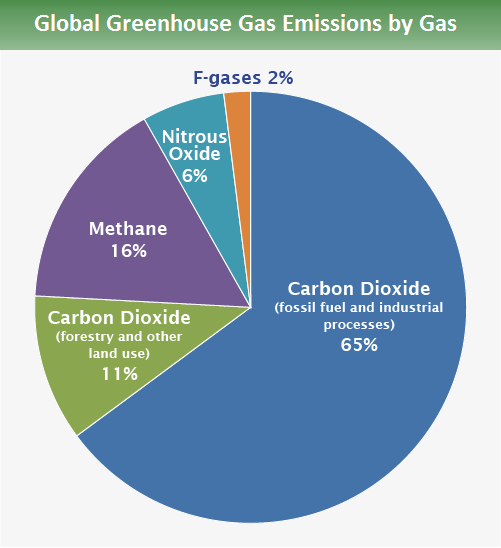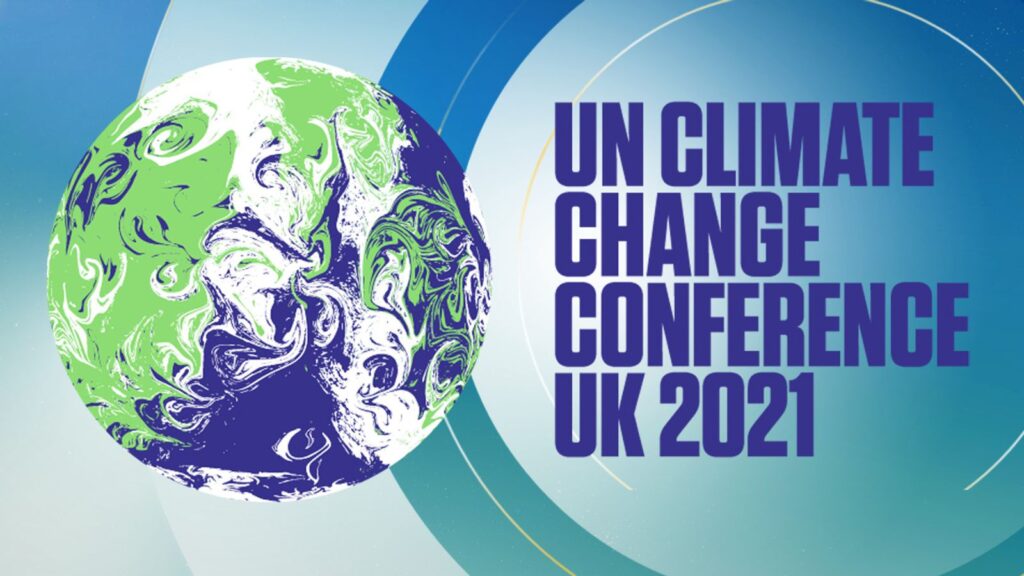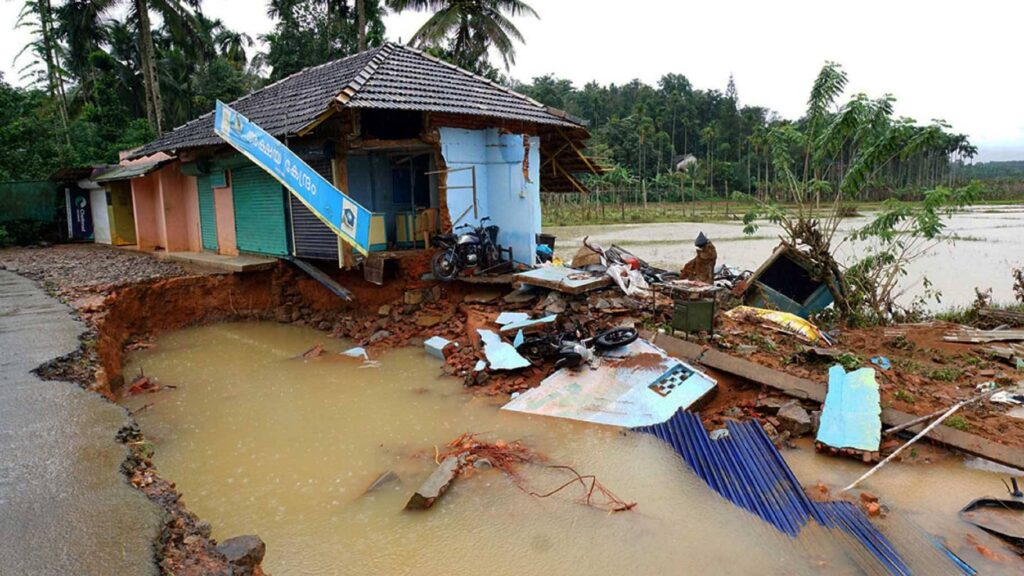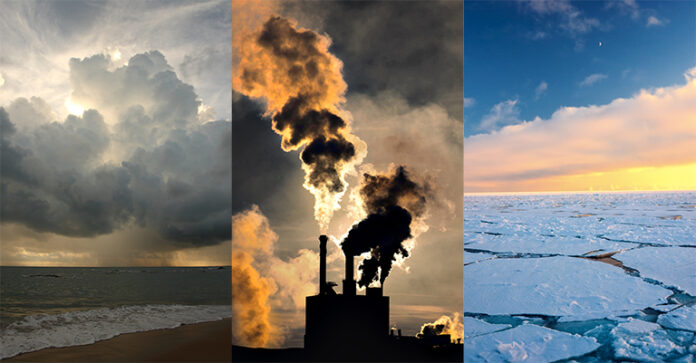Can the ancient concept of ‘Vasudaiva Kutumbakam’ reverse Climate Change?
IPCC has warned that we already have forced past the tipping point and are now well on the way to face the catastrophic consequences of a 2.5C increased in temperature
The 26th Conference of Parties (COP) of UN Climate Change Conference, hosted by the UK in partnership with Italy, will take place from 31 October to 12 November 2021 in Glasgow, UK. There simply could not have been a more divided world in which such a critical global summit is organised, especially given that decisions taken here have planetary implications. Following the collapse of the 25th COP held in Madrid, and no COP in 2020 due to COVID pandemic, much hope rested on taking forward a global pact to address climate change and its challenges in this year’s effort.
That hope was shattered with the attack on the US Capitol this January incited by none less than climate change denier Donald Trump President of the United States who in a desperate attempt to hold on to power breached all imaginable limits. With his electoral displacement and subsequent emergence of Joe Biden as President, a man with an avowed interest in tackling climate change, a sigh of relief was heard globally, especially at a time when millions died due to the pandemic. So when John Kerry was appointed as a Special Envoy for Climate by Biden, an unprecedented move, it felt as though the world was back to spinning again the right way.
It’s a no brainer that what US does with its climate action matters globally, considering that the country has contributed at least a quarter of the cumulative emissions since 1751. Europe has contributed a little over 20%, China about 13%, Russia 7% and India less than 5% of such historical emissions. Another way to see this situation? Per capita emissions. Average American generates about 20 tonnes of CO2 equivalent per person per year, compared with 17 tonnes for a Russian, about 6-7 tonnes for a Japanese, Chinese or a EU person, and just about 2 tonnes for an Indian. From these numbers it is easy to see why the Principle of Common but Differentiated Responsibility is crucial in bringing the world together in tackling climate change.

As we get our politics right in addressing this unprecedented challenge to humanity, and much of the Earth’s biodiversity which will also be badly affected, Intergovernmental Panel on Climate Change (IPCC in its most recent assessment report (AR5) states: “Anthropogenic greenhouse gas emissions have increased since the pre-industrial era, driven largely by economic and population growth, and are now higher than ever. This has led to atmospheric concentrations of carbon dioxide, methane and nitrous oxide that are unprecedented in at least the last 800,000 years. Their effects, together with those of other anthropogenic drivers, have been detected throughout the climate system and are extremely likely to have been the dominant cause of the observed warming since the mid-20th century.” The IPCC warns that it is critical to stop now any further increase in emissions, and work substantially to taper down new emissions and increase carbon sequestration, if we are to meet the target of 1.5C increase in temperature as per Paris Climate Agreement 2015.
So, when Biden paused fresh drilling for oil and gas on public lands, as they contribute a quarter of US greenhouse gas emissions, it was applauded. But this initiative hit a wall of resistance from Republicans, and some Democrats, and eventually from a District Court in Louisiana state which stayed the Presidential order. Biden has, however, recommitted the US to the Paris climate agreement which Trump had arrogantly walked out of. He also went on to demonstrate his resolve to tackle climate change by revoking permits for the Keystone XL pipeline placing Canada’s Justin Trudeau in an embarrassing position and forced him to terminate construction on the Canadian side. But all this really is not climate action; it is quite simply reversal of disastrous damage Trump did to climate action and environmental protection.
IPCC Report: Humans Causing Irreversible, Unprecedented Changes to the Climate
World over, especially in China and India, the economic slump due to the pandemic has made political action all the more resurgent in boosting industrial production. These populous countries’ cumulative historical contributions of CO2 would not compare with what Europe and North Amercia have historically contributed. And they will make this case again in the global negotiations so that their economic progress is not throttled due to damage done substantially by the West. But it does raise questions about what can be done now, given how IPCC is warning that we already have forced past the tipping point and are now well on the way to face the catastrophic consequences of 2.5C increased in temperature.

In May 2019, the Intergovernmental Science-Policy Platform on Biodiversity and Ecosystem Services (IPBES) launched its landmark Global Assessment Report on Biodiversity and Ecosystem Services. It triggered headlines around the world about the fact that “1 million species of plants and animals are now threatened with extinction.” There cannot be a more stark, and relatable, statement than to say we with our 200 years of industrial and consumerist development, of late increasingly capitalist globalisation, are wiping off the face off the planet such an unimaginable number of species. What is not often understood is that such extinctions will result in catastrophic depletion in food production, the consequences of which can well be imagined.
Yet, as the BBC reported based on a set of leaks of government documents, “a number of countries and organisations” are “arguing that the world does not need to reduce the use of fossil fuels as quickly as the current draft of the report recommends”. Alarmingly, an adviser to the Saudi oil ministry has even demanded “phrases like ‘the need for urgent and accelerated mitigation actions at all scales…’ must be eliminated. And such politics is not limited to oil producing countries alone. In an India now driven by the confusing “Atmanirbhar” policies of Narendra Modi led administration, not just mineral wealth, but even forests, coastal regions, rivers, lakes, renewable energy, urban space, even water, are being monetised in ways that will produce more wealth for investors, who, it is widely known, constitute the top 1% of income earners and are all in endorsement of his policies.

All this begs the question of what sense we can make with recent experiences across the Western Ghats and the Himalayas, where extreme weather events have pulverised infrastructure and emasculated governmental responses. As millions suffer incredible losses, there still appears to be very little acknowledgment of how seriously threatening all our lives and livelihoods are due to climate change, and that of biodiversity itself. It is increasingly feared that the Glasgow conference too may collapse due to “vaccine apartheid” as most delegates from developing country governments, as well as civil society observers, are highly unlikely to participate in the summit.
And we have the rampant spread in politics of divisiveness which is gaining ground in India, and globally. Through majoritarian territorialisation, creating a climate of fear and division, the high possibility of causing a climate of unifying humanity is being withered. This when we must all be uttering and internalising the true essence of the most simple, yet profound two words, which probably has been handed down to us from possibly the Harappan times, “Vasudaiva kutumbakam”.
First Mentioned in: gaurilankeshnews.com


